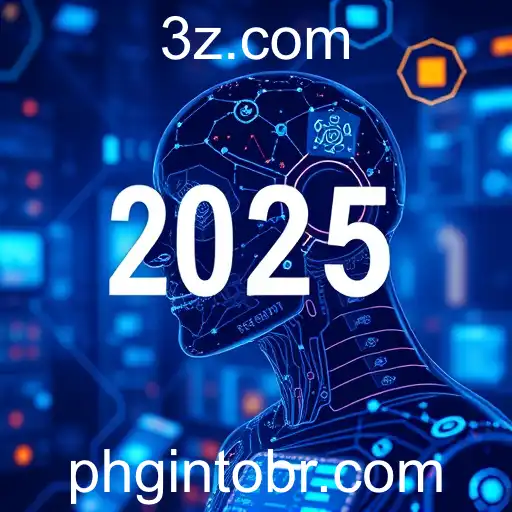
Exploring the rapid advancements in artificial intelligence and its impact on various sectors in 2025.
As we progress deeper into 2025, the landscape of technology continues to evolve at a rapid pace, with artificial intelligence (AI) taking center stage. The once-aspirational dreams of integrating AI into everyday life have now become a vivid reality, influencing various sectors from healthcare to finance, and even education.
Recent reports indicate a substantial rise in investment in AI technologies, with companies recognizing the vast potential to streamline operations and enhance decision-making processes. Governments worldwide are also drafting policies to address the ethical implications and prepare for potential challenges arising from AI's broader deployment. In healthcare, AI-driven diagnostics and personalized medicine are revolutionizing patient care, offering more accurate and speedy results compared to traditional methods. Machine learning models are now capable of detecting patterns that were previously undetectable, paving the way for early intervention and prevention strategies.
In the financial sector, AI algorithms are behind more efficient and secure trading systems, fraud detection, and customer service. Chatbots powered by natural language processing are providing instant assistance, enabling a higher level of customer engagement. Furthermore, the automation of routine tasks is leading to significant reductions in operational costs, allowing businesses to reallocate resources and focus on innovation.
Education is witnessing transformations with AI-enabled personalized learning experiences that cater to individual student's needs, helping to close learning gaps. Teachers are utilizing AI tools to enhance curriculum planning and identify student strengths and weaknesses, ensuring more tailored educational experiences.
However, these advancements are not without concerns. The potential job displacement due to automation raises questions about the future workforce. Companies and policymakers are tasked with creating strategies for upskilling and reskilling initiatives to prepare workers for the changing job landscape. The ethical considerations of AI also pose significant debates, especially concerning privacy, biases in AI systems, and decision accountability.
In summary, the dynamics of AI in 2025 reflect a transformative era with immense possibilities and challenges alike. Embracing these changes with thoughtful strategies and responsible development is crucial to harnessing AI's full potential for a better future.




